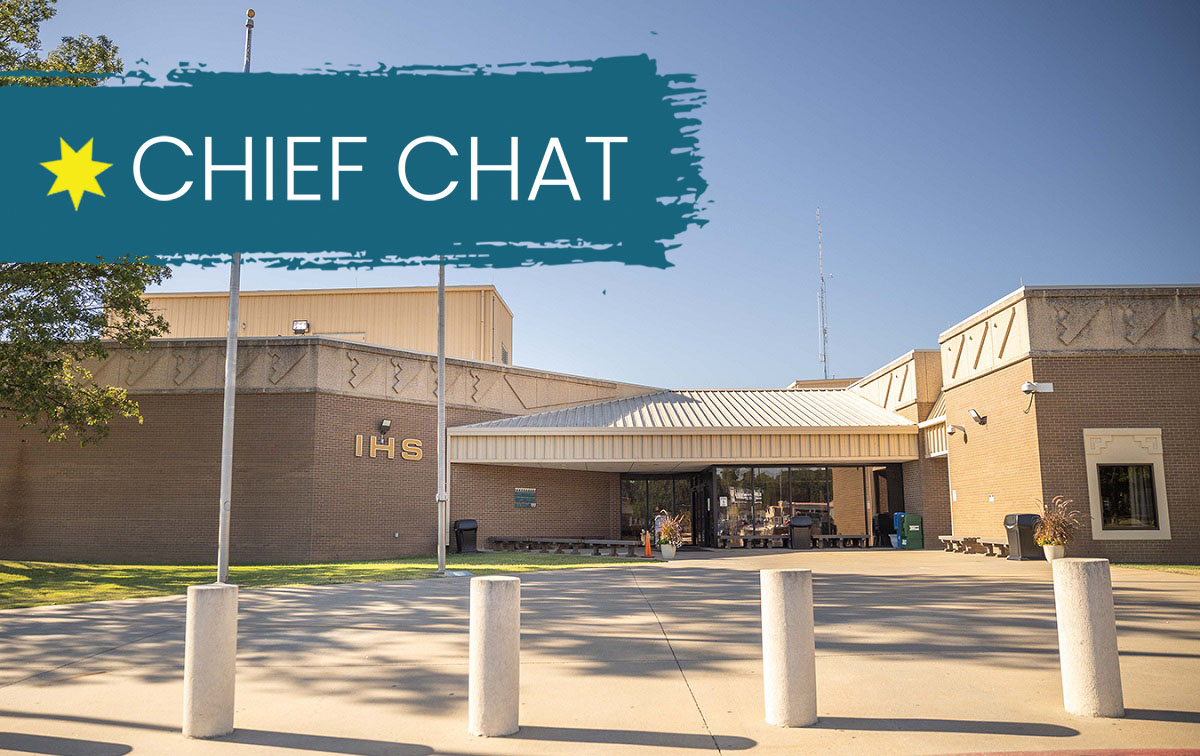Osiyo,
The Claremore Indian Hospital is a place of special significance for Cherokee Nation, as well as for my family. I was born there. My father was born there. My grandfather received care there. Thousands of Cherokees and citizens of other tribes have received essential health services at Claremore for many decades.
Throughout that time, the Claremore Indian Hospital has always been staffed by wonderful people who work hard for their patients. However, the truth is, the Claremore Indian Hospital operates in a federal system, the Indian Health Service, which has never adequately delivered health care.
To this day, IHS is funded well below the needs of American Indian patients. Their budget is seven times less than it should be, and the agency is $26 billion behind on building clinics and hospitals for Indian Country.
Meanwhile, Cherokee Nation has proven we can deliver care far more effectively. Cherokee Nation was among the very first tribes to assume self-governance over IHS programs in the early 1990s. After gaining experience and building on our successes in health care, we took over operations of the W.W. Hastings Hospital in Tahlequah in 2008.
Now we have built up the largest tribally operated health care system in the country, with over 2 million patient visits annually. Our network of 11 health care facilities has become a system of choice for Native Americans of all tribes on our reservation, throughout the region, and even some who travel to Cherokee Nation from across the country for care.
Quite simply, we have proven that when Cherokees operate our own health care system, we do it better. That’s why I sent legislation to the Council of the Cherokee Nation to begin the process of taking ownership and control of Claremore Indian Hospital by the end of 2025.
With approval of this legislation, the talented team at Cherokee Nation Health Services has begun a deep dive into Claremore’s operations and infrastructure. They will work closely with IHS and Claremore leadership to ensure a smooth transition for patients and staff. I am confident that Cherokee Nation Health Services will be able to carry on operations and make improvements from day one of assuming control.
I am grateful for the Indian Health Service leadership, including Director Roselyn Tso and Oklahoma City Area Director Travis Watts, who recognize that expanding tribal self-governance is the best path for success of IHS goals.
With this important step, we are poised to take greater ownership of our health care destiny – building a world class system of health care and wellness for all Cherokee families and individuals.
Wado,
Chuck Hoskin Jr.
Principal Chief


